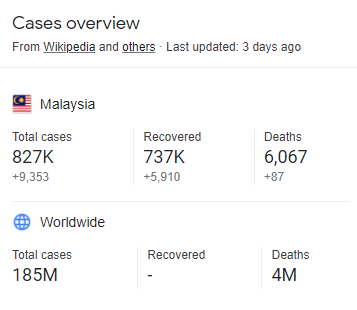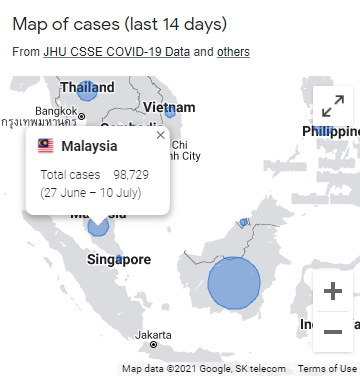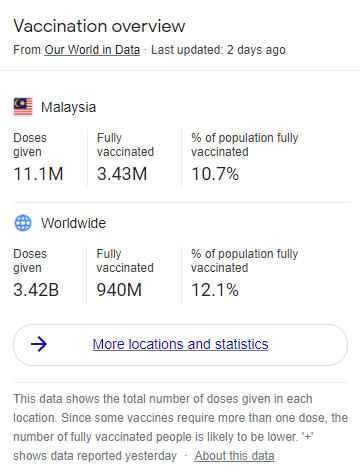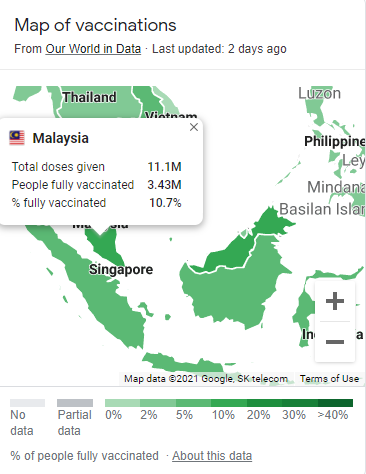Vaccine Effectiveness
Studies show that COVID-19 vaccines are effective at keeping you from getting COVID-19. Getting a COVID-19 vaccine will also help keep you from getting seriously ill even if you do get COVID-19.
COVID-19 vaccines teach our immune systems how to recognize and fight the virus that causes COVID-19. It typically takes 2 weeks after vaccination for the body to build protection (immunity) against the virus that causes COVID-19.
That means it is possible a person could still get COVID-19 before or just after vaccination and then get sick because the vaccine did not have enough time to build protection.
People are considered fully vaccinated 2 weeks after their second dose of the Pfizer-BioNTech or Moderna COVID-19 vaccines, or 2 weeks after the single-dose Johnson & Johnson’s Janssen COVID-19 vaccine.
Millions of people in the United States have received COVID-19 vaccines, and these vaccines have undergone the most intensive safety monitoring in U.S. history. This monitoring includes using both established and new safety monitoring systems to make sure that COVID-19 vaccines are safe.
COVID-19 vaccines cannot give you COVID-19.
CDC has developed a new tool, v-safe, to help us quickly find any safety issues with COVID-19 vaccines. V-safe is a smartphone-based, after-vaccination health checker for people who receive COVID-19 vaccines.
How effective are coronavirus vaccines against the Delta variant?
As rising coronavirus infections force some countries to reimpose restrictions, scientists and drugmakers are racing to answer a crucial question: how well do the current vaccines protect against the Delta variant?
On one point, most observers agree. The leading shots, studies show, still offer strong protection against severe disease and hospitalisation.
“Real-world effectiveness studies with a number of vaccines show good protection especially against severe disease,” Soumya Swaminathan, chief scientist at the World Health Organization, told the Financial Times.
“The most important priority just now is to scale up vaccination coverage in all countries.”
So called “real-world” analysis of 14,019 cases of the Delta variant in the UK, released by Public Health England in June, found the BioNTech/Pfizer and Oxford/AstraZeneca vaccines were, respectively, 96 per cent and 92 per cent effective against hospitalisation after two doses.
Late on Thursday, Pfizer reiterated it believed its shot worked against Delta, especially after a potential third booster dose.
But it also added it planned to study a variant-targeted inoculation, with trials slated to start as early as next month.




